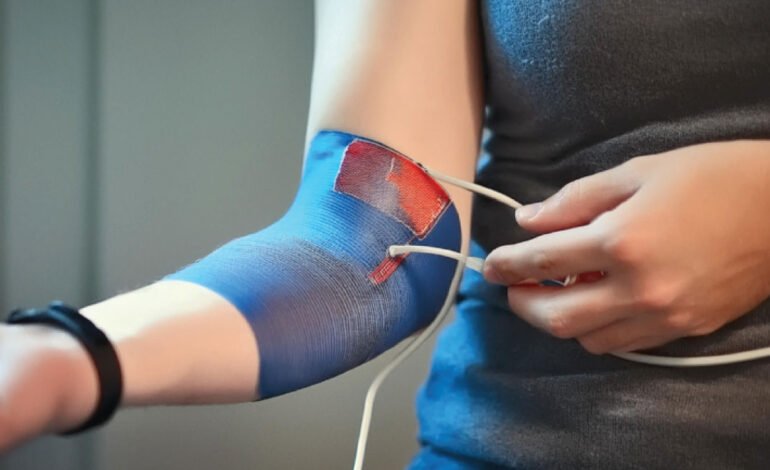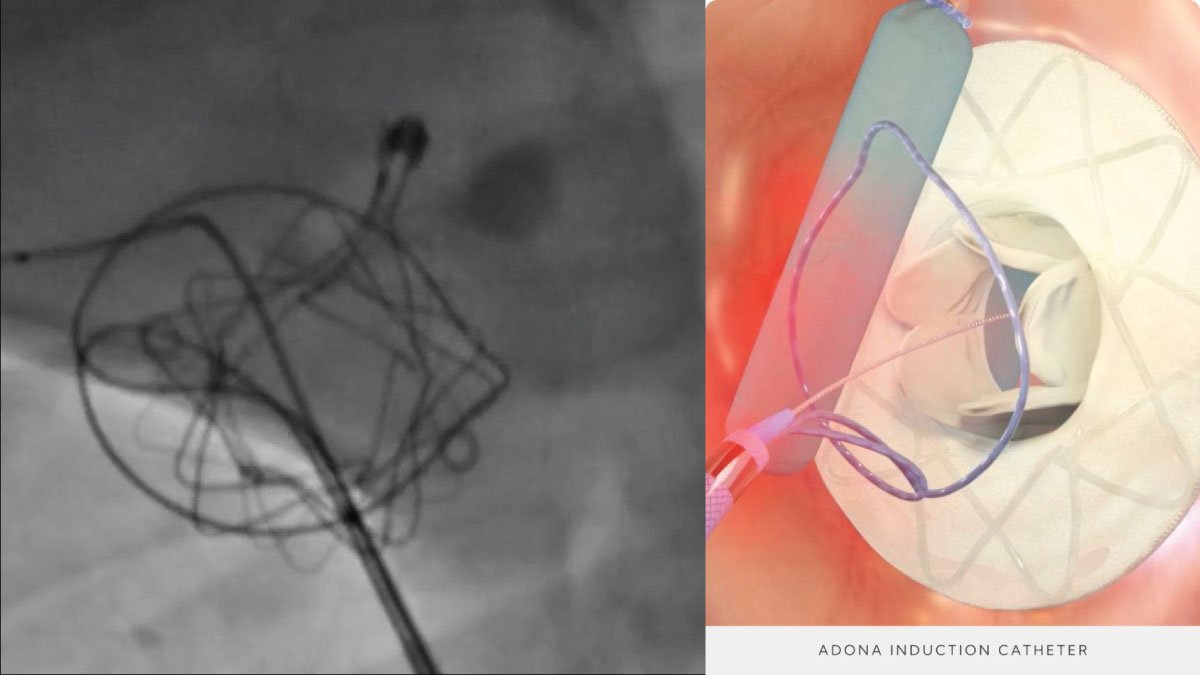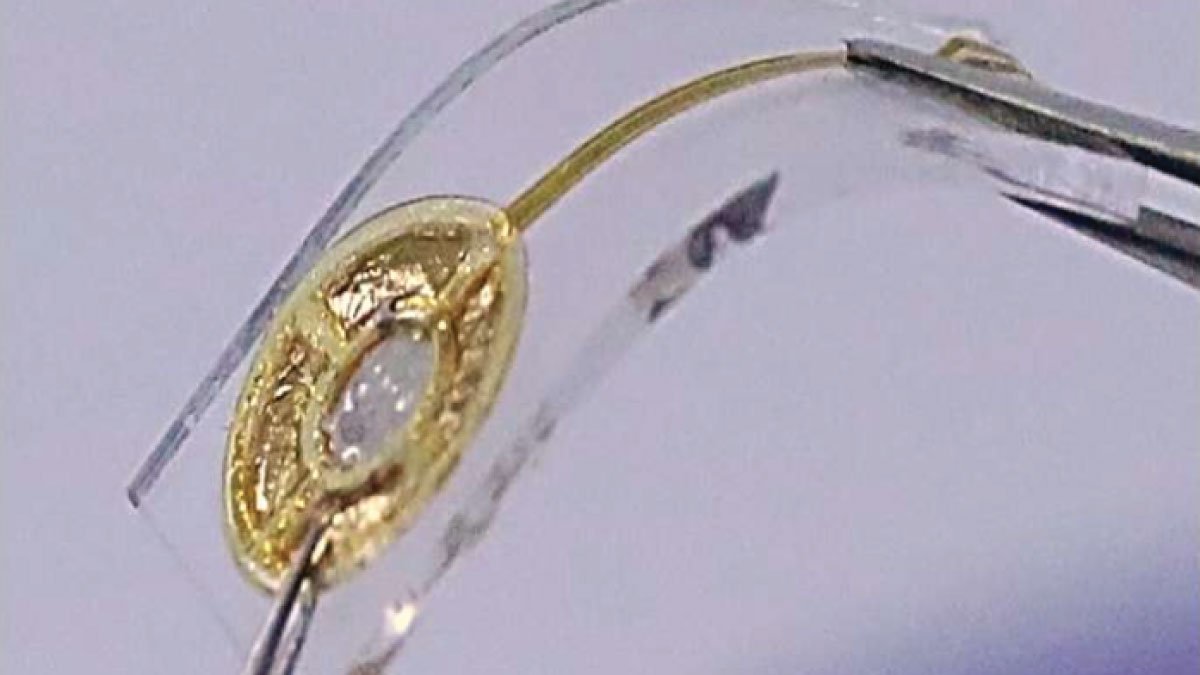Functional Electrical Stimulation Sleeve Revolutionizes Rehabilitation for Motor Control Impairments

A novel approach to physical therapy and prosthetics, the Functional Electrical Stimulation (FES) sleeve, offers improved rehabilitation outcomes for those with motor control problems.
Innovative Functional Electrical Stimulation Sleeve Enhances Motor Control Rehabilitation
Researchers have created a unique Functional Electrical Stimulation sleeve that greatly improves motor control for people with disabilities, marking a groundbreaking breakthrough in prosthetics and rehabilitation. With the integration of textile-embedded dry electrodes, this novel sleeve offers a non-invasive, effective, and user-friendly approach to muscle stimulation and motor function rehabilitation.
Recent publication of the FES sleeve in Biomedical Engineering Online marks a significant advancement in the field of rehabilitative technologies. This wearable gadget provides a seamless experience, in contrast to conventional approaches that call for intricate setups and intrusive electrodes, encouraging patients to utilize it more consistently. The sleeve is a useful tool in the rehabilitation of stroke survivors, patients with spinal cord injuries, and people with neurodegenerative disorders since it can precisely stimulate specific muscle areas using electrical stimulation.
Advantages of the Functional Electrical Stimulation Sleeve Technology
- Non-Invasive and User-Friendly: The fabric of the FES sleeve contains dry electrodes that are included into the design so that it can be worn like any other garment. Because it is now more pleasant and simple to use and does not require intrusive procedures, patient participation during rehabilitation sessions is improved.
- Enhanced Motor Control: The FES sleeve helps to strengthen and reactivate weaker muscle groups by applying focused electrical stimulation to particular muscles. Improved motor control and functional recovery may result from this, especially in patients who have severe deficits.
- Stimulation Patterns That Can Be Customized: Thanks to technology, stimulation patterns that are specific to each patient’s needs can be created. This adaptability helps rehabilitation become more effective by taking into account the individual difficulties that every user faces.
- Cost-Effective and Accessible: By incorporating dry electrodes into a wearable sleeve, the device’s total cost is decreased and a wider spectrum of patients can use it. Ensuring that modern rehabilitative technologies are accessible to those who use them most depends on their affordability.
Conclusion
A revolutionary method of treating motor control deficiencies through rehabilitation has been introduced with the advent of the Functional Electrical Stimulation sleeve. This novel technology has the potential to greatly enhance the quality of life for patients recuperating from strokes, spinal cord injuries, and neurodegenerative disorders by integrating comfort, precision, and accessibility. With further study and development, the FES sleeve has the potential to become a major player in the field of rehabilitative medicine, giving patients all around the world increased mobility and newfound hope.




















